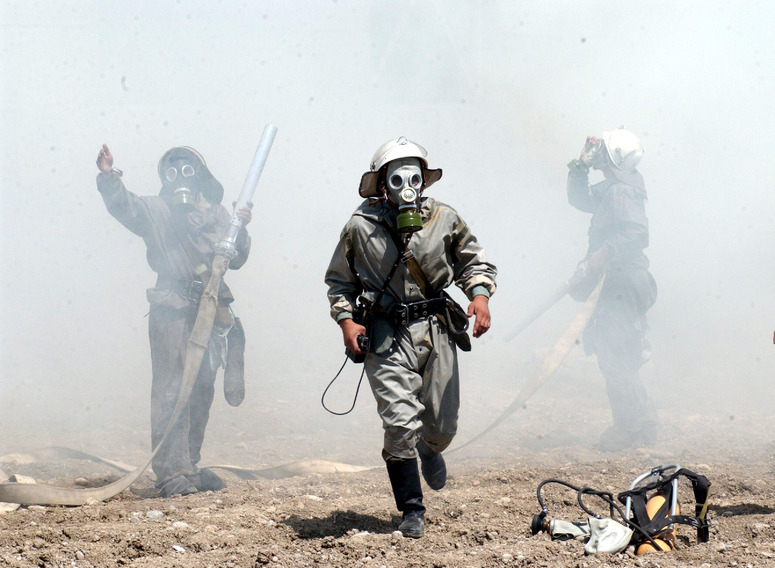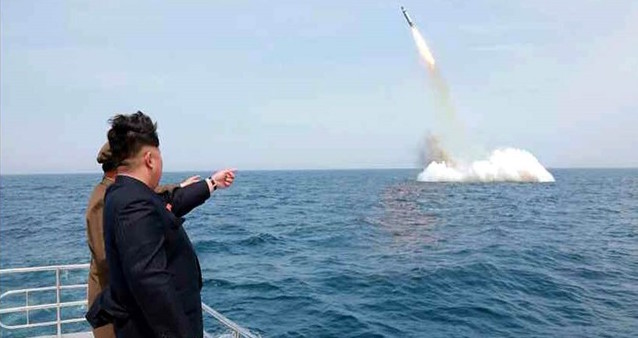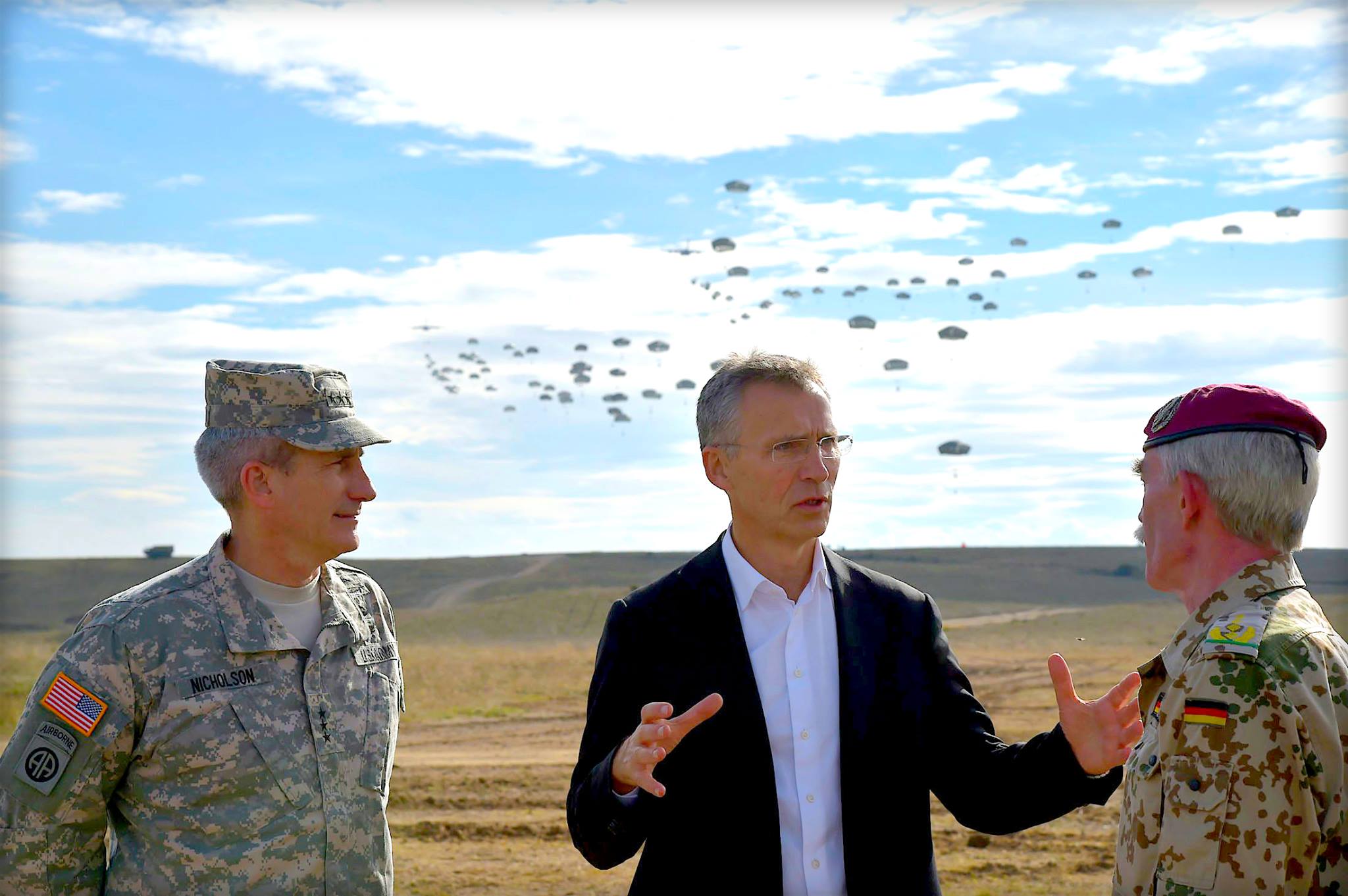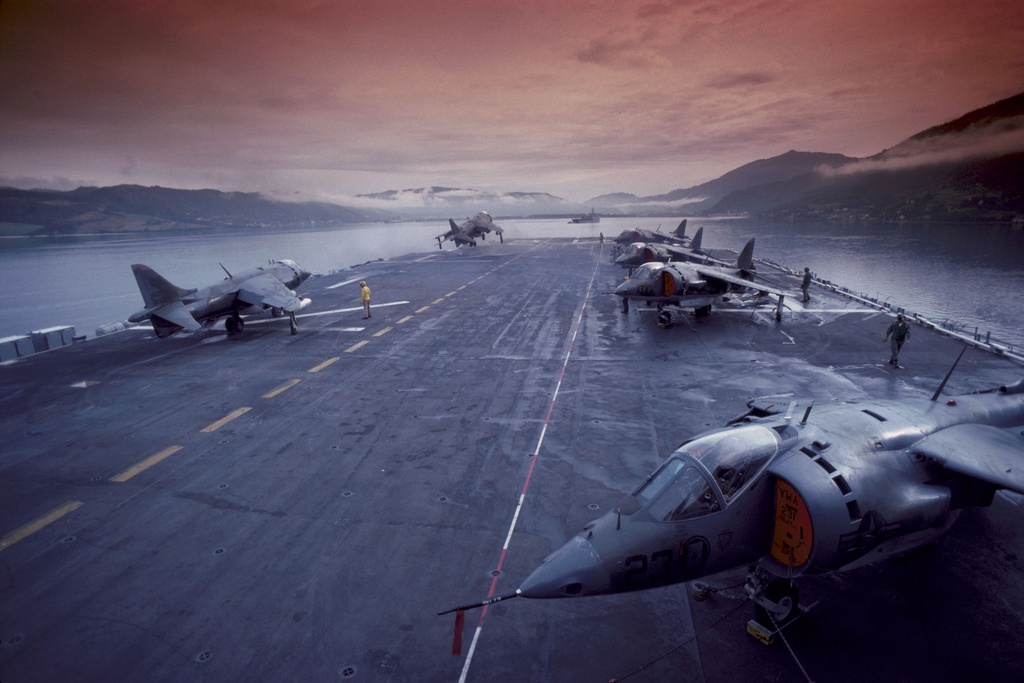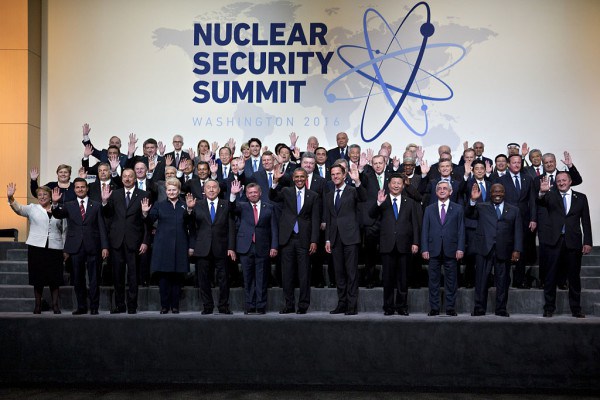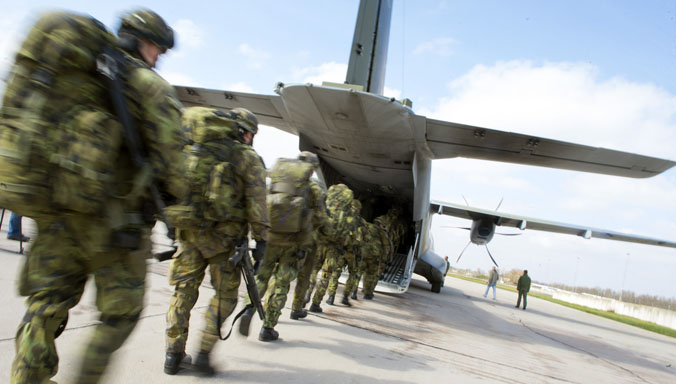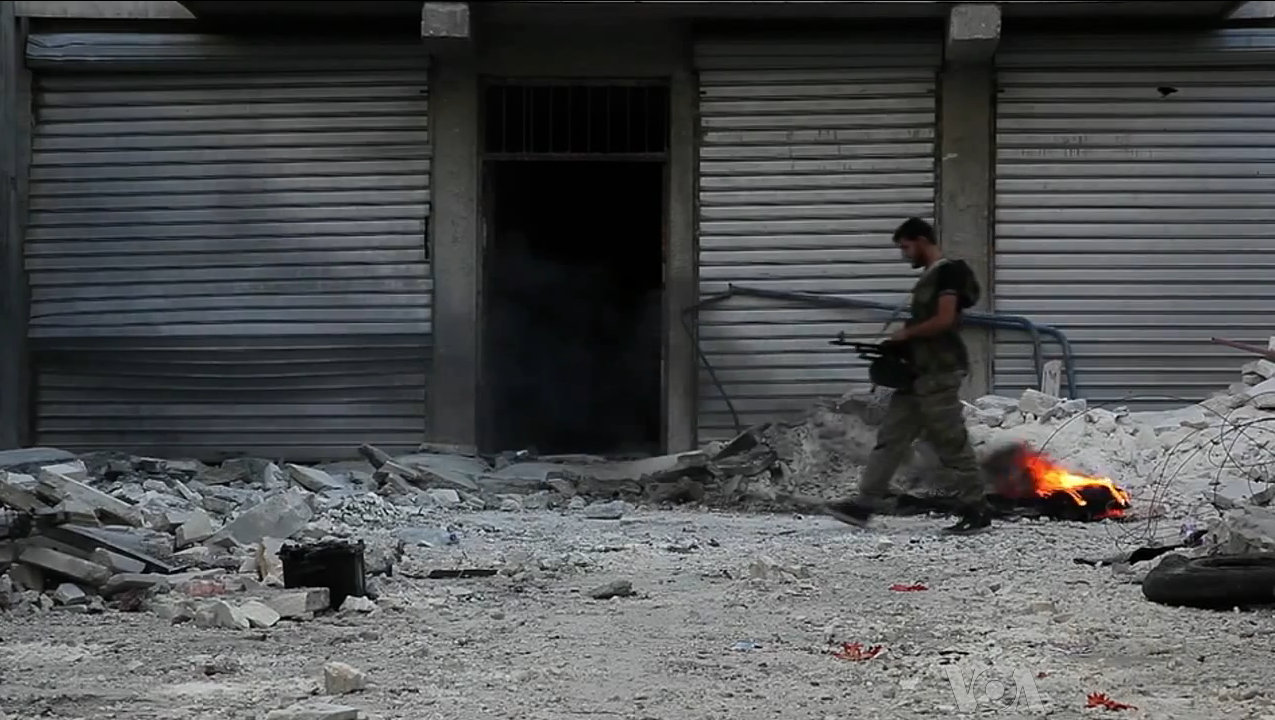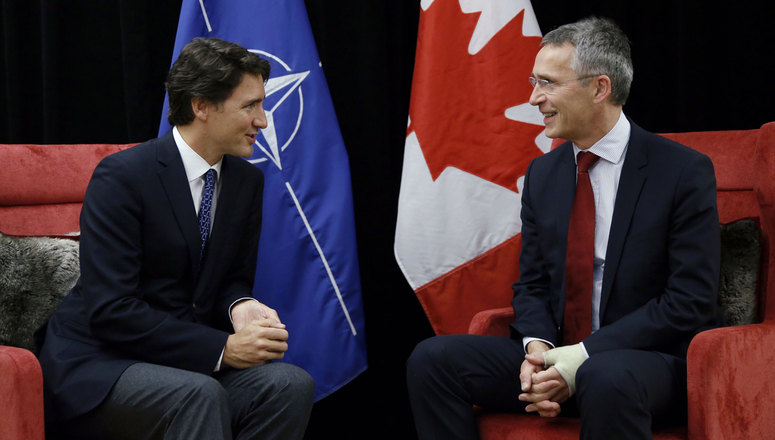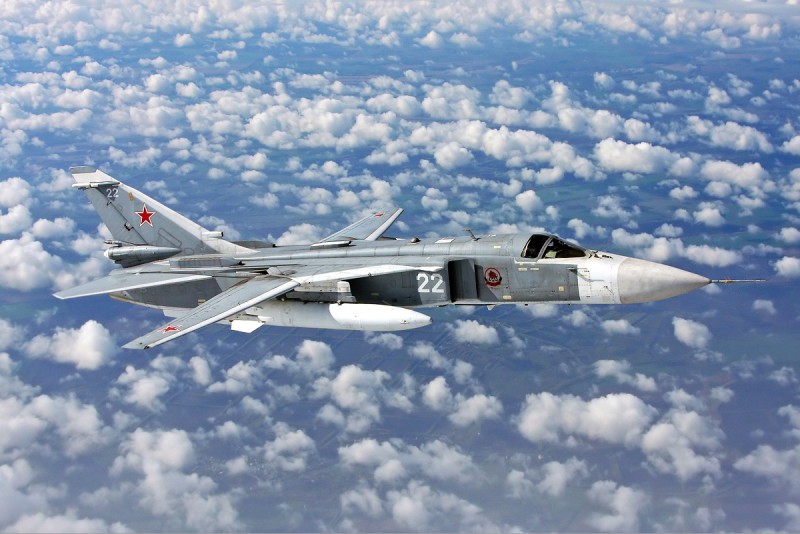As the proliferation of WMD continues to pose a threat to its allies and partners, NATO’s role in countering this issue is a subject that is often overlooked in discussions surrounding its relevance as a global military alliance. Khalid Mahdi discusses.
Khalid Mahdi
Khalid Mahdi is a Research Analyst and Editor of the NATO’s Arc of Crisis program at the NATO Association of Canada. Khalid holds a Master of Global Affairs (MGA) Degree from the Munk School of Global Affairs at the University of Toronto. Khalid also holds an Honours Bachelor of Arts in International Relations and Political Science from the University of Toronto. His research interests lie in the areas of East-Asian security, nuclear proliferation and security, and terrorism. In February 2015, Khalid received a Graduate Research Award for Disarmament, Arms Control, and Non-Proliferation from the Simons Foundation and Global Affairs Canada, for his position paper on the efficacy of multilateral export controls pertaining to the regulation of dual-use sensitive space technologies. Khalid can be reached at khalid.mahdi27@gmail.com
What Should Be The Response To The Next North Korean Nuclear Test?
As rumours swirl of preparations for a fifth North Korean nuclear test, our program editors consider how the international community should respond the next time.
Should NATO Continue its Expansion?
What do Montenegro, Bosnia & Herzegovina, Georgia, and Macedonia have in common? All are – for better or for worse – pursuing NATO membership. Our new program editors and research analysts weigh in on whether the Alliance should continue to enlarge.
Is NATO Obsolete?
Our program editors and research analysts discuss the relevance of NATO and how the Alliance might change to tackle future challenges.
Is The Nuclear Security Summit An Effective Forum For Addressing The Threat Of Nuclear Terrorism?
Is the Nuclear Security Summit a mere talking shop or a worthy initiative that’s making a difference? Our program editors weigh in.
Adaptation and Assurance: NATO’s Response to the 21st Century Security Environment
In a series on NATO’s response to the 21st Century security environment, Khalid Mahdi discusses the key components of the Alliance’s Readiness Action Plan (RAP): adaptation and assurance. This week’s post analyzes the role of the NATO Response Force in strengthening the Alliance’s rapid response capabilities.
What is the Most Significant Regional Impact of the Syrian Crisis?
Our team looks at the regional effects of the ongoing Syrian civil war.
Renewed Engagement: A Canadian Foreign and Defence Policy for the Future
With the election of Liberal government comes the ushering in of an era renewed defence priorities and foreign engagement for Canada. Khalid Mahdi discusses as an introduction to Panel 2 of Canada’s Defence Perspectives 2020-2050: Recapitalization and the Canadian Forces.
Endless Incursions: Russian Overflights into Turkey and their Implications for NATO
Over the past few months, Turkey has experienced a significant number of unauthorized incursions into its territory by Russian military crafts. Khalid Mahdi analyzes the implications of these overflights against the backdrop of both the Syrian conflict and NATO-Russian relations.
Iran’s Relations with the World After the Nuclear Accord: The Case of Iran and the IAEA
While Iran’s relations with the world have improved since the development of the Joint Comprehensive Plan of Action, Khalid Mahdi argues that the real success comes in the improvement of relations between the Islamic Republic and the International Atomic Energy Agency.

